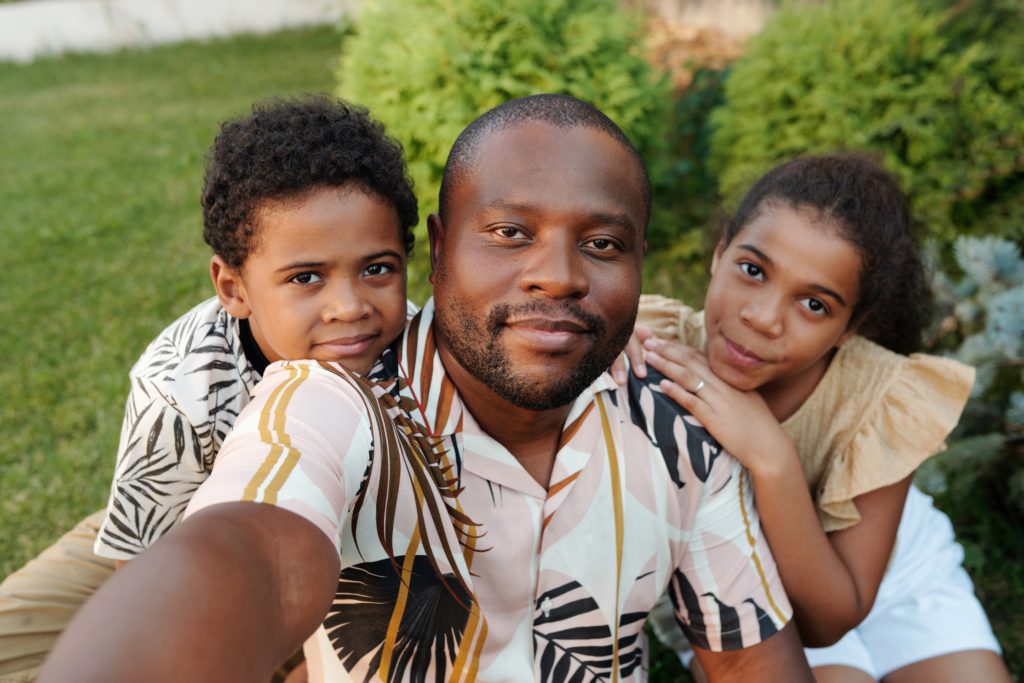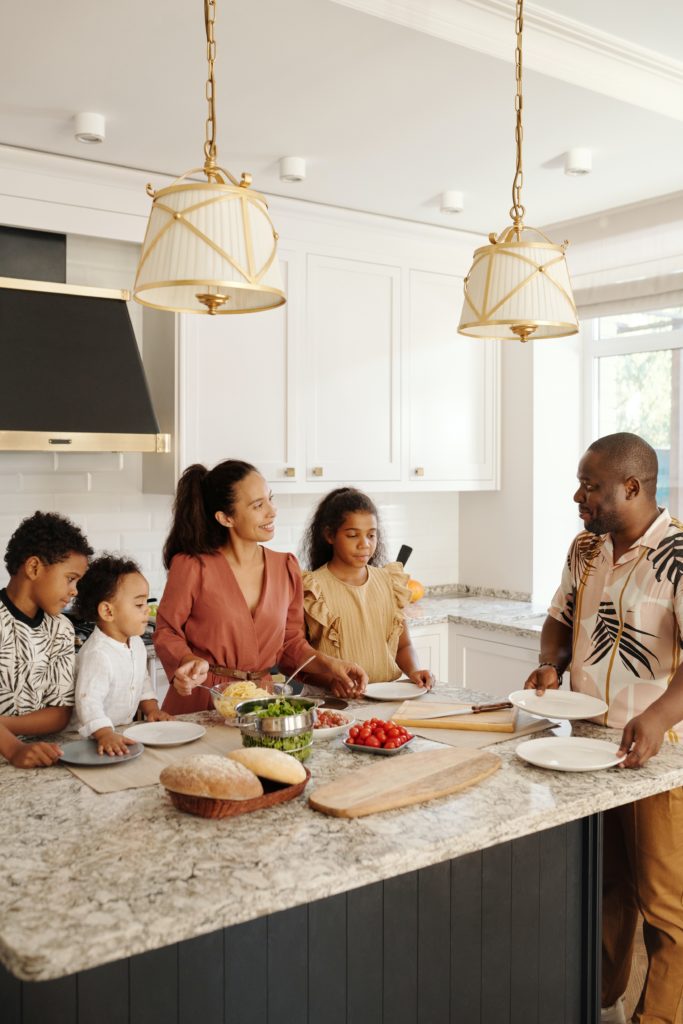Family is the primary institution in society. This means that it is charged with protecting and providing for its members. Family is also responsible for nurturing and socializing children. In other words, the family serves as a model for how we should behave.
Given the decline in marriages rates for all Americans over the last fifty years, including disproportionately sharp declines among Black Americans, there is interest in better understanding what Black men are learning from their families about how to establish and maintain their relationships. Therefore, in Black Love Matters: Authentic Men’s Voices on Marriage and Romantic Relationships, I examine the role that Black men play in modeling love for other Black men and boys in their circles of influence.

Although social science research indicates that macro factors — such as outsourcing manufacturing jobs away from urban cities, mass incarceration, and increased receptivity to non-marital unions — are among the reasons for the reduced marriage rates, many of the men in the study also pointed to the way marriage was presented, portrayed, and modeled for them.
For example, one of the men, a 22-year-old college graduate who was already engaged when I first interviewed him, expressed a great deal of concern about the long-term prospects of his impending marriage. In exploring the curious juxtaposition of his excitement about taking his relationship with his fiancée to the next level and his concern about how well things would work out, he cited his parents’ failed relationships. In sharing his experience, he said, “My fathers and stepfathers are the ones who raised me, and since they couldn’t do it, then it’s clear that whatever needed to be poured into me wasn’t done by them. So, how am I going to be successful at this?”
This was a popular refrain that came through in several interviews with men pointing to their friends or family’s seeming inability to sustain their romantic relationships or marriages. However, there were other men who held more optimistic views. When this was the case, they often credited having positive role models for showing them what a healthy relationship looked like. One of the better explanations was provided by a 27-year-old man who had been married for 2 years when we met. In one of his interviews, he talked about how his father, with whom he did not always see eye to eye, was always a dedicated and committed husband to his mother.
In responding to a question about the factors influencing his attitudes toward marriage, he shared, “Like I said, the way my father treated my mother [who subsequently died from cancer]. I mean, we didn’t have the best personal relationship, even to this day. But you know, to see him work 10-hour days, come home, you know, and take care of his kids. Making sure we got out the door to catch the bus. Making sure my mom made all her chemo [therapy] treatments and any type of rehab. You know, she got to a point where cancer had got into her bones, so she had to sleep in a hospital-issued bed and my dad had to sleep on the floor. He couldn’t sleep in the bed with her. He had to bathe her. There was a point where he had to feed her. Man, she couldn’t even go to the restroom without him.

“So, to me, that was like the epitome of love. And so, for him to treat her the way he did, that means more than anything else that was going on. And my wife has had surgery and has been ill and I took care of her the same way my dad took care of my mom. It wasn’t any knowledge that I had on my own, it was solely based on how my dad treated my mom. I just took that and used it in my marriage, and I know my wife loves me more for that. I took pride in taking care of her just the way my father treated my mother. That’s the main thing.”
In contemporary society, fewer people are opting for marriage than in the past. Making matters even more complicated is that those who do marry are waiting until later in life to do so. This is happening as some no longer hold marriage up as the gold standard for their relationships. In other cases, couples aspire to marry only on the condition that they and their partners have already achieved all of their individual goals.
It is important that Black men be supported as they strive to acquire the knowledge, skills, and resources needed to support healthy and mutually fulfilling relationships that can serve as the foundation for their marriages. To ensure that this happens, I recommend:
Encouraging Black men to be authentic in their emotional expressiveness and supporting them when they are courageous enough to be vulnerable.
Rejecting rigid divisions of labor based on gender so as to promote a culture of cooperation rather than competition in romantic relationships.
Being intentional about listening for better understanding, to prevent miscommunication, and to promote empathy as a conflict resolution strategy.
In light of declining marriage rates and all of the associated societal and cultural shifts, the role that Black men play in modeling love is more important than ever. Of course, there is certainly no one right way to love. There are also myriad perspectives on what it takes to make relationships successful and sustainable. However, to the extent that there is agreement that increasing marriage rates is a desirable and worthwhile goal, it is imperative that Black men serve as examples of loving partners to those around them.
Armon R. Perry, Ph.D., is a professor in the Kent School of Social Work at the University of Louisville. He can be reached at arperr01@louisville.edu or 502-852-3234. To order a copy of Black Love Matters, click here. Use the code LEX30AUTH20 at checkout for a 30% discount.


